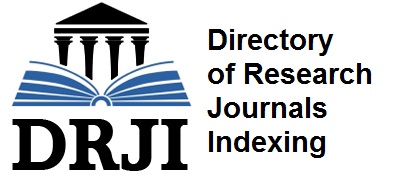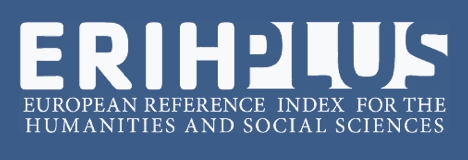Recognition and evaluation in the field for the Grand Duke. The ‘Syrian trip’ of Giovanni Altoni
Abstract
In early October 1607, the Grand Duke of Tuscany Ferdinando I signed an alliance treaty with the Pasha of Aleppo, who had rebelled against Ottoman rule in 1605. Unfortunately for both of them, about twenty days after the treaty was signed, the Ottoman forces crushed the rebel pasha’s army, forcing him to flee Aleppo, thus thwarting Tuscan dreams of gaining advantages and privileges in Syria, and crushing Syrian hopes of freeing themselves from Ottoman rule. If these events are relatively well-known, less so are the various diplomatic and information avenues explored by the Grand Dukes when trying to decide whether or not to engage their forces in these military operations with an uncertain outcome. Here, it is proposed to edit and examine a little-known document concerning a reconnaissance in Syria. Ferdinando, I commanded one of his military engineers named Giovanni Altoni to make the trip in order to understand if and how it was possible to intervene in support of the anti-Ottoman revolts.
All’inizio di ottobre 1607 il granduca di Toscana Ferdinando I stipulò un trattato di alleanza con il pascià di Aleppo, il quale si era ribellato nel 1605 al dominio ottomano. Purtroppo per entrambi, circa venti giorni la stipula del trattato, le forze ottomane sconfissero l’esercito del pascià ribelle, costringendolo a fuggire da Aleppo, vanificando così le speranze toscane di ottenere vantaggi e privilegi in Siria e quelle siriane di affrancarsi dal dominio ottomano. Se queste vicende risultano relativamente note, meno lo sono i processi diplomatici e informativi attraverso i quali i granduchi decisero se fosse o meno il caso di impegnare le proprie forze in queste operazioni militari dall’esito incerto. Si propone qui la pubblicazione e la disamina di un documento poco conosciuto, riguardante una ricognizione in Siria ordinata da Ferdinando I a un suo ingegnere militare di nome Giovanni Altoni allo scopo di capire se e come era possibile intervenire in appoggio delle rivolte anti-ottomane.

This work is licensed under a Creative Commons Attribution-NonCommercial 4.0 International License.
Authors who publish with this Journal agree to the following terms:
Authors retain copyright and grant the Journal right of first publication with the work simultaneously licensed under a Creative Commons Attribution-NonCommercial 4.0 International License.
This Journal permits and encourages authors to post items submitted to the Journal on personal websites or institutional repositories both prior to and after publication, while providing bibliographic details that credit, if applicable, its publication in this Journal.

















